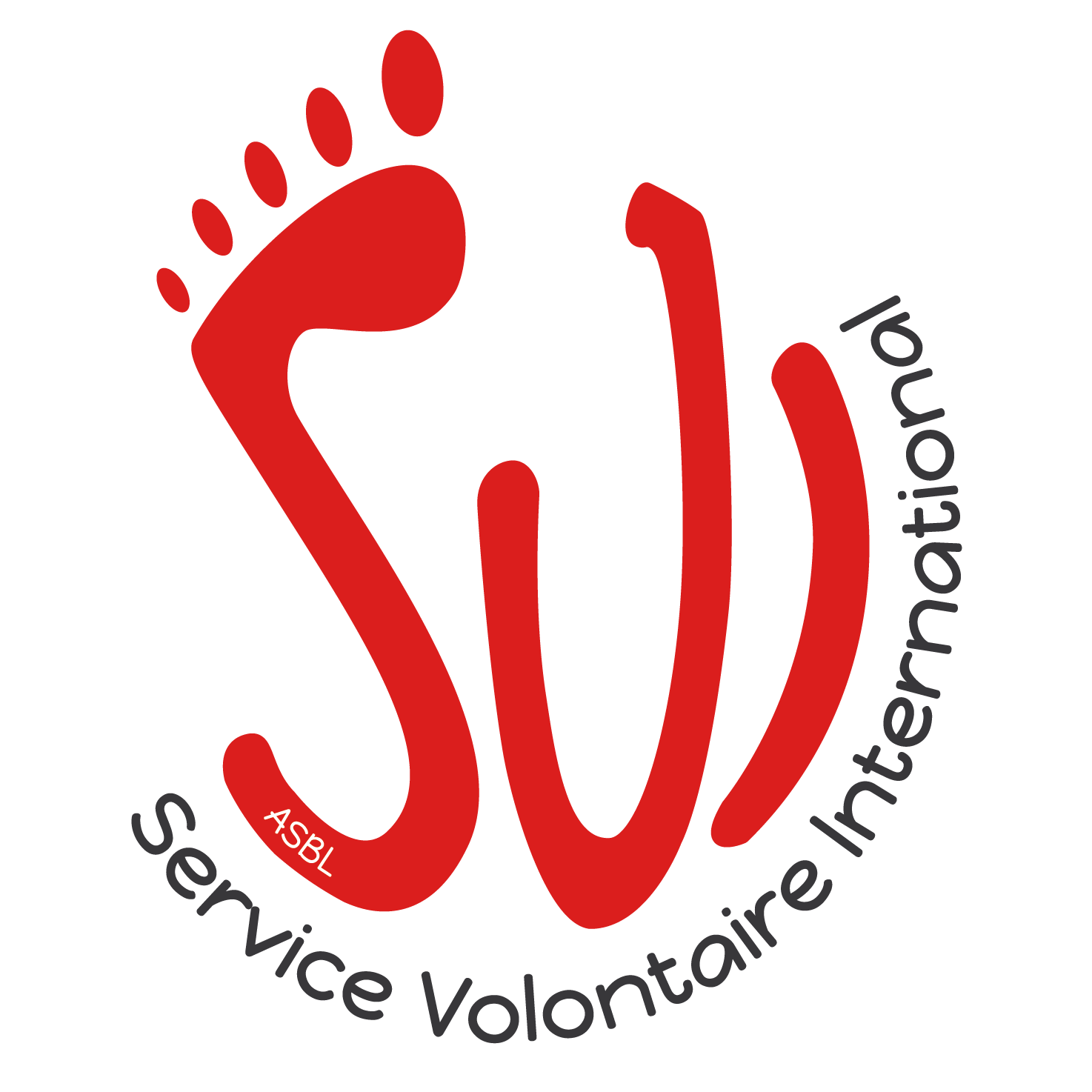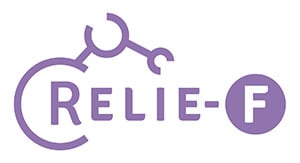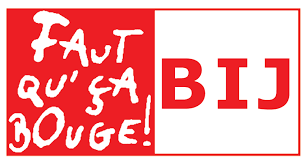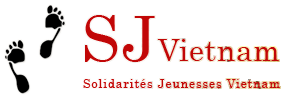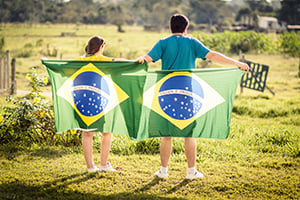Before the arrival of Spanish colonizers, Bolivia already had a long history. It belonged to the Incas from 1438 but other civilizations like Tiahuanaco and Collas succeeded each other. Like many other countries of the continent, Bolivia has a mixed population with Native Americans (25% of the total population, which makes Bolivia the country with the most natives of the Andes countries), mixed-race people, Europeans, Asians and Africans. Thanks to its 37 official languages, Bolivia enjoys a large artistic, cultural and culinary diversity.
Bolivia is divided into two different regions: to the West, there are two mountain ranges (the Andes) and to the East, vast plains decorate the landscape. Lagunas, volcanoes and canyons are also part of the panorama. Lake Titicaca is the highest navigable lake in the world. Other wonderful places exist in Bolivia, such as the Salar de Uyuni, also called “the largest mirror in the world”. This huge plateau made of salt offers amazing views.
Bolivia is a very cheap country, where one can travel without spending a fortune. Here are some price examples :
| Basic products | Price in Euros / Bolivian bolivanios |
| 1L of water (bottel) | 2,6 € / 20 BOB |
| 1 meal (2 dishes) | 0,6 € / 4,7 BOB |
| 1 bus ticket | 0,25 € / 2 BOB |
Bolivian culture is atypical. It has been strongly influenced by the Quechua, Aymaras and by the culture of Latin America as a whole, as illustrated by Bolivians’ attachment to their ancestral traditions. Going to markets, to the Carnaval of Oruro during the first week of February, listening to songs of charango (Andean version of Italian guitar), kena (straight notched flute) and zampoña (Andean pan flute)… are the best way to discover one of the many aspects of Bolivia’s cultural richness. The most spoken language is Spanish but there are a lot of regional languages like Quechua, Aymara and Guarani.
Bolivia is also one of the countries with the most victims of road accidents. To solve this problem, the city of La Paz hires « zebras » in charge of regulating traffic. These people dressed as zebras are in charge of ensuring the safety of children who cross the road and of raising awareness among drivers about road risks.
Vaccines and specific advice:
Find out about the vaccines you should make before going to this country and about the preventive and/or treatment measures for local diseases.
Checklist :
- Vaccine updates, specific vaccines: 1-3 months before departure
- Visit your doctor for any health problem, prescription renewal, contraception, etc. In addition, you will need to send your coordinator a certificate from your doctor certifying that you are well suited to take part in an international volunteering project.
- Dentist: a dental check-up can be useful before going!
We advise you to visit the website of your country’s Foreign Affairs Ministry to consult the advice for every country.
Advice for American travelers here
Advice for Canadian travelers here
Advice for English travelers here
Bolivia travel advice
(dernière mise à jour faite le 2018-12-04T14:54:36+00:00)
Latest update: Summary – a national civic strike will be held on 10 December and access to the airports in La Paz and Santa Cruz may be restricted; check local advice before travelling; you should not cross blockades
EDUCACIÓN Y FUTURO (EDYFU) is a non-governmental Bolivian organization whose objective is to help disadvantaged families that live in the periphery of the city of Tarija, by developing with them projects to support the education of children. It works with two socio-educational centres : La Libelula, that is located in the neighbourhood of Narciso Campero and Amanecer, that is located in the neighbourhood of Morros Blancos.
BibliWorks is a non-profit organization that wants to take part in the efforts of literacy by offering a network of sustainable and dynamic libraries to the communities of the rural department of Chuquisaca. The organization offers playful activities that aim to encourage children to read but also to learn English.
Red Tinku is a volunteer organization that offers short term work camps and middle and long term projects in the region of Cochabamba. The projects are varied (environment awareness, cultural promotion, solidary actions…)
